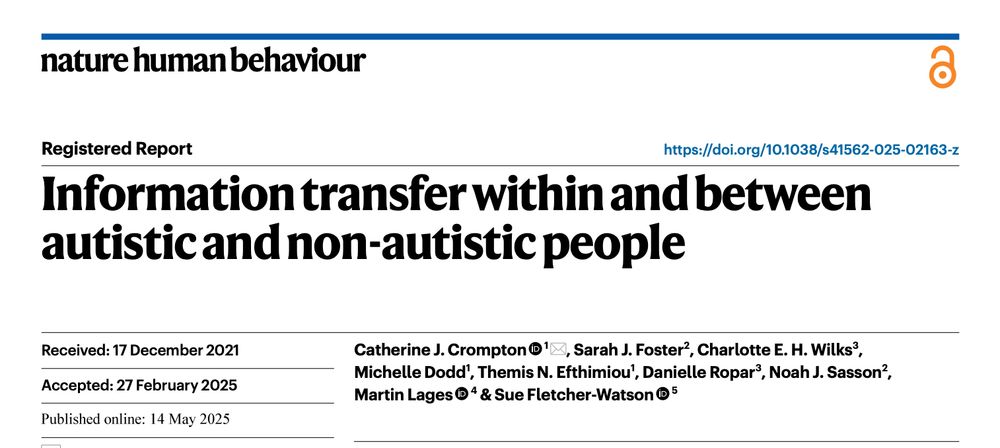Bianca Schuster
@biancaaschuster.bsky.social
150 followers
230 following
12 posts
She/her. Postdoc @SCANUnit Vienna. Researching mechanisms underlying social cognition: neurochemical bases, bayesian inference & cross-cultural differences
Posts
Media
Videos
Starter Packs
Reposted by Bianca Schuster
Reposted by Bianca Schuster
Reposted by Bianca Schuster
Reposted by Bianca Schuster
Reposted by Bianca Schuster



